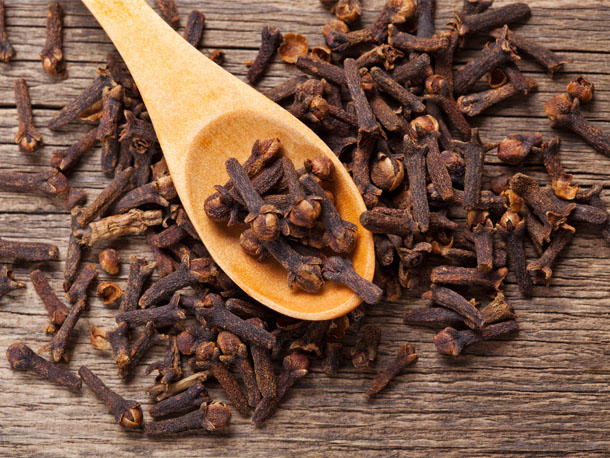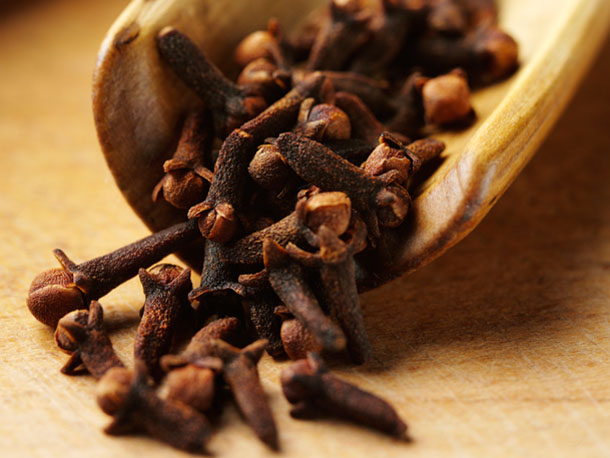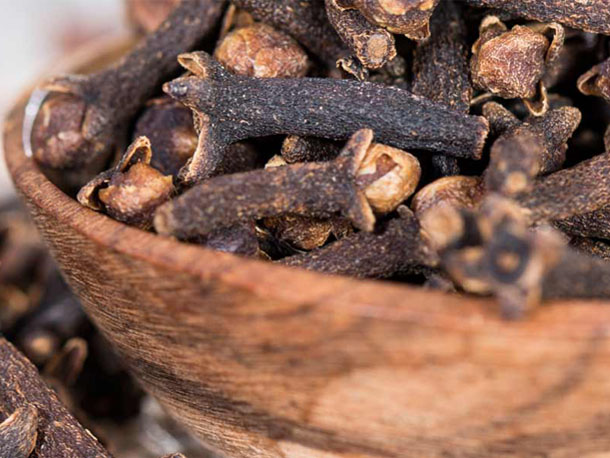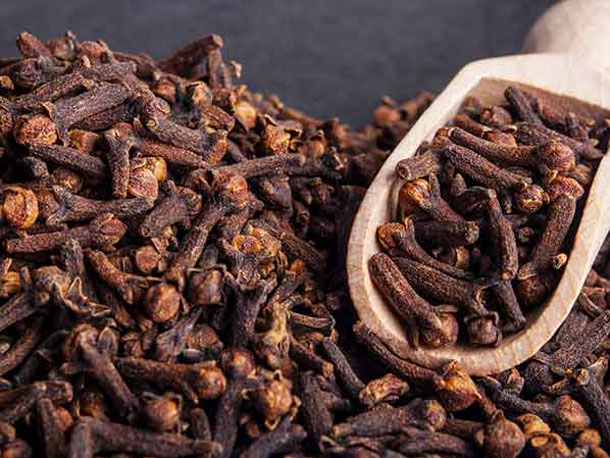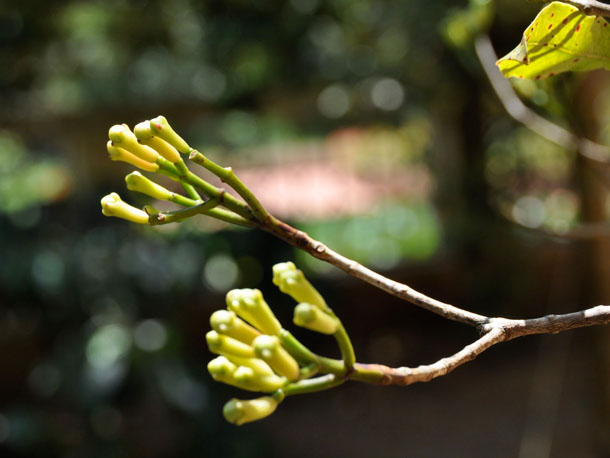Cloves market teetering on the brink of supply deficit
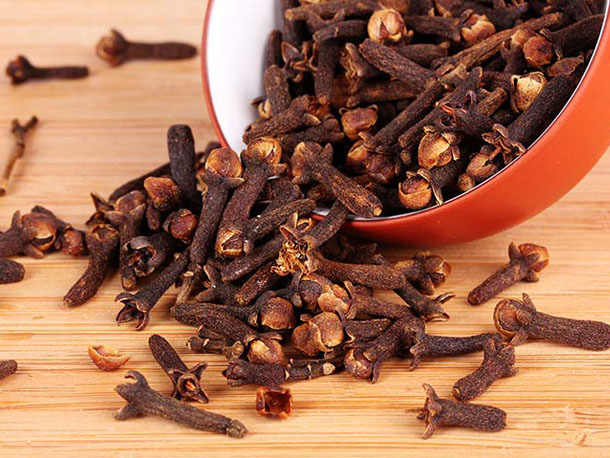
International cloves dealers are convinced the market is heading for a supply deficit soon due to downturns in production in major origins this year and dwindling stocks in consuming countries.
In an October 1 report, Emmanuel Nee of French trader Sivanil observed that inventories in all consuming nations were low and most market players in these regions would very soon need to buy again. Some had already started buying and a few others were making enquiries.
Nee forecast that once substantial demand returned prices might move up again due to the global production deficit.
Olivier Bernard of Tripper Inc in the US said this was a logical conclusion to reach. “But having said that, everything now depends on the top three Indonesian cigarette companies because they are driving the demand. Will they buy or will they pass and wait for the 2014 crop?” he added.
Bernard noted that Indonesia’s leading kretek cigarette producer purchased enough cloves last year and could easily afford to sit on the sidelines and not buy anything this year.
Gregoire Courme of French trader Aromatum remarked: “On the long term the market will definitely be short.”
Sources in India reported that the quality of Sri Lanka’s cloves was disappointing and Sri Lankan prices were relatively high. Moreover, the country’s stocks were low, Nee observed. Based on this, Sri Lanka could not be considered as a market maker.
Harvesting in Comoros was almost over. “We must notice that the crop was not as good as expected in terms of volume. Therefore, most of the stocks are in the hands of middlemen,” Nee noted. Prices had eased marginally due to slow demand, but the current value of the US dollar was ensuring that export prices were being pushed higher.
Sivanil’s contacts in Comoros said the crop would be over in the next one to two months. It was also felt that there was very little chance of seeing Comoros cloves prices decrease any further in the absence of any inventory to be sold for almost six to seven months ahead.
Meanwhile, Indonesian sources were claiming their country’s crop was some 30 to 40% less than normal due to adverse weather conditions. Either way, a shortfall in Indonesia’s supply would inevitably mean some buying movements were to be expected, Nee suggested.
In Madagascar, harvesting of the crop started early in the southeast of the country. Nee observed that this had resulted in a lot of material with high moisture content and therefore of lower quality.
These quality issues with the crop from the south would soon prompt a lot of demand for the better quality cloves from the northeast, thereby exerting upward pressure on prices. In addition, after drying and sorting, yields were low and costs high on this crop, Nee said. The northeast crop should become fully available from November.
Trade estimates have projected Madagascar’s southeast crop to reach around 4,000 tonnes of exportable quality and the northeast crop to be around 2,500 tonnes.
Brazil was likely to bring better and earlier volumes this year than in 2012. However, in most instances quality would not be suitable for the requirements of EU, Indian or Far East markets, Nee claimed.
He estimated that total global output this year – excluding that of Indonesia – would amount to only 23,000 tonnes.
If Indonesia wanted to make up for the shortfall in its own output this would not be enough.
In addition, India was running very low on stocks of good quality cloves. “Should we imagine they are buying the whole of the Zanzibar and Sri Lankan crops, plus their own production, they would still need to buy something like 5,000 to 6000 tonnes to have a good stock position,” Nee said. This assessment took into account the regular use of cloves in Indian cuisine as well as in other applications.
Nee added that if the Indonesian rupiah and Indian rupee were at the same levels of four to five months ago then it was likely all new crop cargoes would have been booked once available, and well above current price levels.
Courme agreed that the market was quiet partly due to the weakness of the currencies in India and Indonesia. “If the Indonesian rupiah was at the same level as in July then all the goods should have been bought by Singaporean traders, because the kretek manufacturers need goods,” he said.
Courme said Madagascar CG3 grade cloves were currently being offered at around USD13,800 a tonne c&f main European ports and USD13,500 per tonne c&f Singapore.
Comoros CG3 grade cloves were around EUR9,750 (USD13,204) per tonne c&f main European ports and in the same range c&f Singapore.

